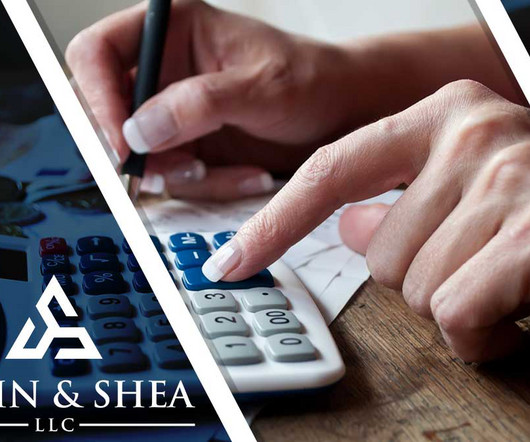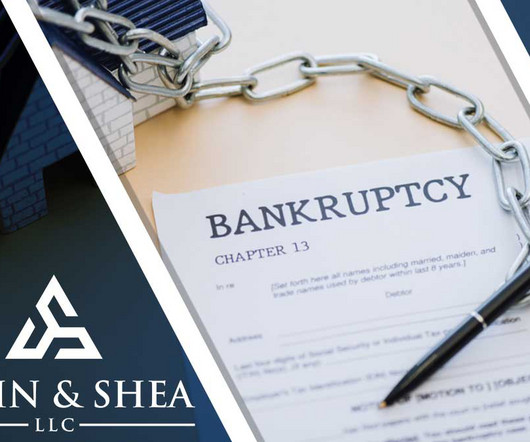What is the Difference Between Secured and Unsecured Debt?
Sawin & Shea
JANUARY 25, 2022
Dealing with debt can be scary and overwhelming, especially if you don’t know what will happen if you miss too many payments and default or have to file bankruptcy. While bankruptcy itself can also be scary, it is often the best option if you have too much debt to get a handle on your financial situation.




















Let's personalize your content